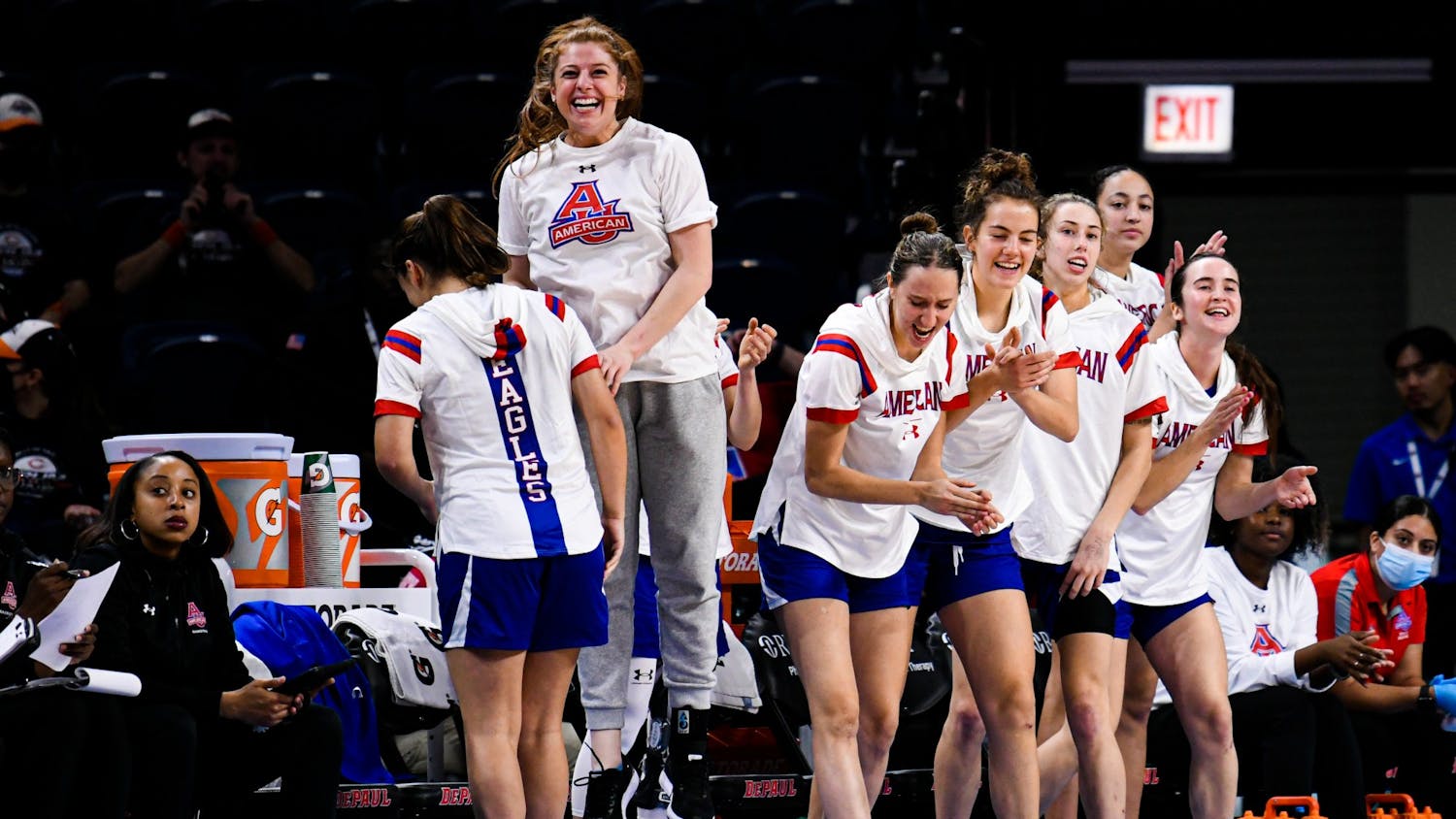For those of you who follow tennis or check ESPN.com more times in a day than a human being probably should, you know what happened this past weekend with Serena Williams during her semi-final match. For the rest of the population, let me fill you in.
After being called for a foot-fault, Williams verbally abused the line judge and chair judge. She did so to the point where she was penalized a point for unsportsmanlike conduct, and consequently lost the match. Included in Williams’ tirade were multiple obscenities and a threat to “stuff the ball down [the line judge’s] throat and kill [her].”
Williams’ display is totally unacceptable. She displayed an ever-growing problem with big-name athletes. They think they are above the rules and the referees of their sport, and find it okay for them to kick, scream and have a temper tantrum when calls don’t go their way.
In this case, Williams had a legitimate argument about the disputed call, but she should have gone about arguing the call in a different and more appropriate manner. However, a lot of the time athletes don’t have a good case, and it is time for them to clean up their act, remember who they are and go about things in a professional way.
Another case that comes to mind was at the WGC-Bridgestone Invitational golf tournament, when Tiger Woods publicly criticized rules officials. Tiger is by far the most recognizable, highest paid and most fined athlete in the world. After being warned about slow play, Padrig Harrington, Woods’ competitor and playing partner, proceeded to make a seven and all but gave Tiger the tournament win. In his post-round press conference, Woods criticized the rules official for ruining the competition down the stretch run.
The list could go on and on; baseball players yelling at umpires over a runner being safe or not, NBA players whining about a foul or NFL players getting into the referee’s face after throwing a flag and trying to argue their case. It isn’t only athletes that are getting out of control when they don’t get a call — coaches are losing their cool too.
It is understandable that it is part of a coach’s job description to stand up for their players and defend them when they believe referees are being unjust. However, coaches should be expected to uphold a level of professionalism and level-headiness when facing these situations.
A perfect example of this behavior is Oklahoma State’s head football coach, Mike Gundy. After beating Texas Tech in 2007, Gundy refused to answer questions about the game and instead went on a rant about a news article that criticized one of Gundy’s players. In his post-game news conference, Gundy’s temper quickly rose as his face turned a bright shade of red and he yelled louder and louder to the point that Gundy screamed, “Come after me! I’m a man. I’m 40!”
Numerous people, fans, players and coaches have seen this picture of Gundy alike. It has helped to show coaches and players how ridiculous they look when they go on these tirades.
It is time for players and coaches to step up and take responsibility for their actions, and remember they are in the public. They need to think about how many years they have been playing their sport and how many calls have gone their way and not gone their way. By now, I would hope that athletes or coaches would know they are not going to get every call in their favor; and when they don’t get the call that they want, instead of blowing up — just suck it up, move on and play.
You can reach this writer at sports@theeagleonline.com.




